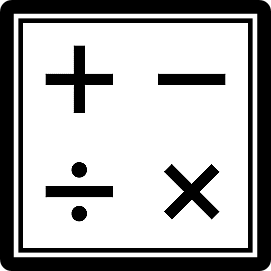What are the differences between the various search types in the Customer Support Online Knowledgebase?
In the
Search using drop-down directly under the
Search field, the following search types are available:
Natural Language Query
A natural language search is a query using regular, spoken language, in the form of a sentence or question. The query identifies important words or phrases and ignores 'noise words' such as a, an, and, but, the, etc.
All Words
Articles containing all of the words in the Search Term will be returned, regardless of the words' order or location in the article. If no such articles exist, the system will automatically display the results from an Any Word search of the same Search Term.
EX:
Search Term: course schedule
Sample Result: The schedule for your courses may be located on the Student Website.
Any Word
Articles containing at least one (1) of the words in the Search Term will be returned. Articles containing more instances of any of the words in the Search Term will be displayed higher on the Search Results list.
EX:
Search Term: course schedule
Sample Result: To access your course, log in to the Student website.
Exact Phrase
Articles containing the exact Search Term used will be displayed. Articles containing more instances of the exact Search Term will appear higher on the Search Results list.
EX:
Search Term: course schedule
Sample Result: To make changes to your course schedule, please contact your Advisor.
Boolean
Articles containing the Search Term including any Boolean variables will be returned. Boolean variables include AND, OR, and AND NOT, which can be used to focus the search results. For example, a search using the Search Term Microsoft Office Outlook AND NOT Express will return articles regarding Microsoft Outlook, but will exclude articles regarding Microsoft Outlook Express.
Exact Keyword Match
Articles which are marked with special Exact Keywords will be returned. This Search Type is not recommended for most searches.
There is no additional information.


